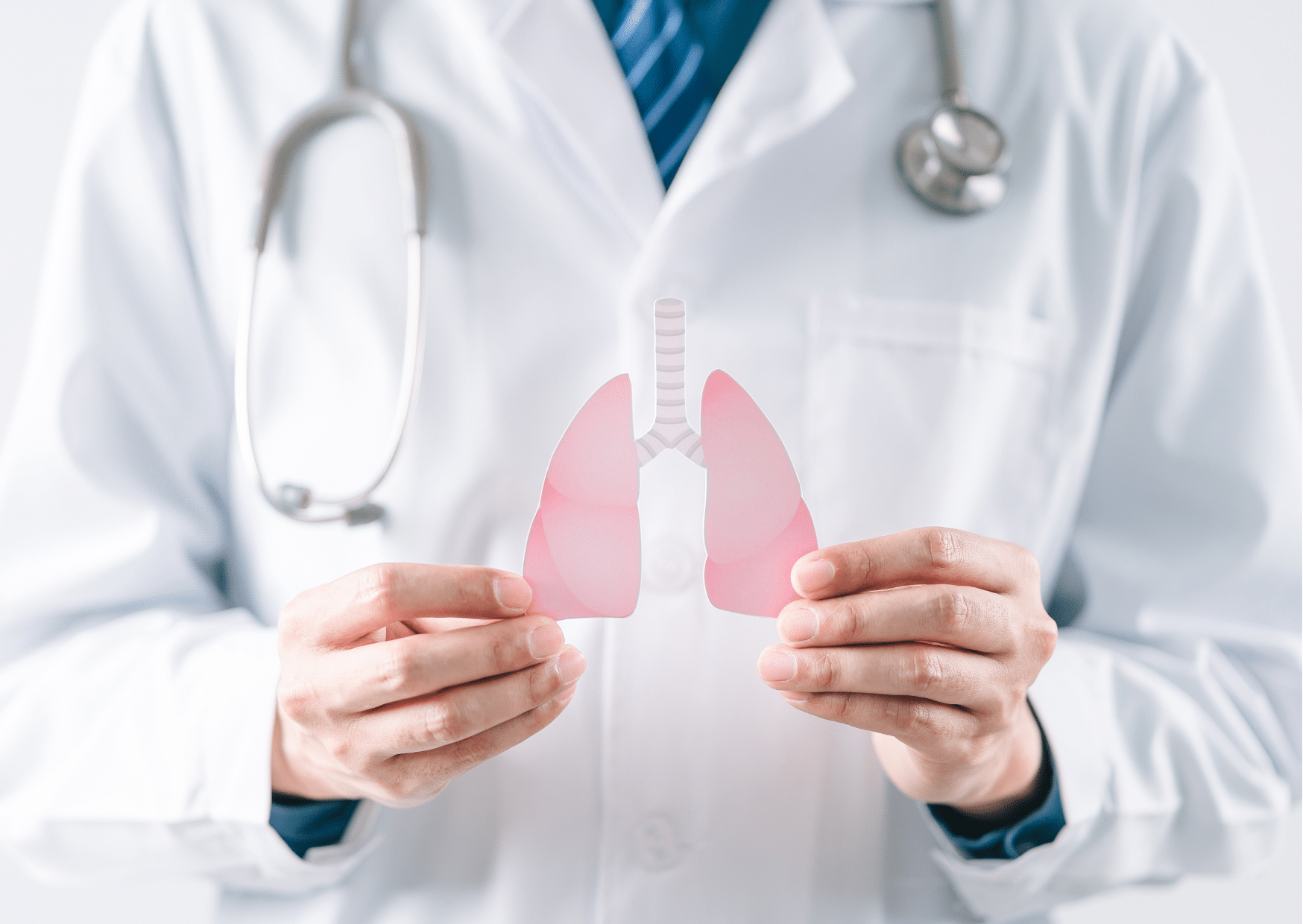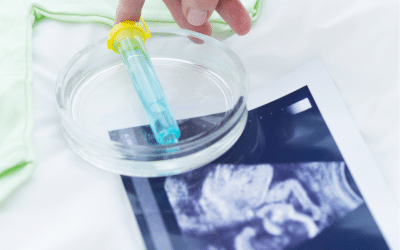2021 Bioethics law: What is new in organ donations ?
I. The 3 Major principles which govern organ donation in France :
- The principle of “assumed consent” : In France, the law specifies that we are all organ and tissue donors, unless whilst living we have expressed our refusal to donate (by recording the said refusal on the national register of refusals, from the age of 13 years, or if a family member of the deceased reports the refusal for the donation of organs which the deceased declared expressly whilst living). Minors may be donors. However, the law in France specifies that the donation of organs and tissues may only be undertaken with the consent of the holders of parental authority.
- Gratis: Organ donation is an act of generosity and solidarity. The law prohibits any reward in compensation for the donation.
- Anonymous: The name of the donor cannot be revealed to the recipient, and vice-versa. The family of the donor may however be informed of the organs and tissues collected as well as the result of the grafts, if they so request.
The bioethics law adopted in August 2021, whose application details are defined by decrees (Nos. 2021-1627 and 2021-1626 dated 10th December 2021), introduces a few changes on organ donation, in particular the “crossed donation”.
II. What is a crossed donation ?
The 2011 law already included this innovation. A crossed donation is a specific organisation for kidney transplants involving a living donor. One of the main difficulties in the field of transplants is the requirement for “compatibility” between the donor and the recipient. As it is quite possible to live with a single kidney, a family member of a person waiting for a transplant may wish to donate one of their kidneys, but it is not “compatible”.
Whence the idea of a “crossed donation” : When the donation is not possible within the same family, a grouping of two couples of donor-recipients is established who exhibit joint compatibility in order to exchange the respective donors. It is therefore an encouragement to finding living donors within the entourage of those waiting for a transplant in order to be able to “exchange” transplants with other families.
The French Biomedicine Agency (ABM) describes the procedure on its web-site :
“A donor D1 wishes to donate to a family member, recipient R1, but is not compatible with him/her. At the same time, a donor D2 also wishes to donate to a family member, recipient R2, but is not compatible with him/her. If donor D1 is compatible with recipient R2 and donor D2 is compatible with recipient R1, a transplant can be considered between donor D1 and recipient R2 and another between donor D2 and recipient R1. This is known as a crossed donation.”
According to the provisions of the law, crossed donations remain anonymous. Each donor accepts that an anonymous recipient will receive their kidney so that their family member can also be transplanted. This system resolves the incompatibility between the patient awaiting a transplant and a family member prepared to donate a kidney. According to the ABM, this procedure also provides medical advantages : accessibility to a larger number of grafts, quicker access to a graft, programming of the operation, and reduced time when the donated organ is held in cold storage prior to transplantation.
Moreover, the data show that the risk of rejection of the graft increases with the duration of the cold storage prior to transplantation.
The 2021 law relaxes the crossed donation system. Initially, crossed donations concerned 2 pairs of donors and recipients. Between living donors, the 2021 law now authorises the number of consecutive donors and recipients to increase from two to six. It also provides the possibility of including in a crossed donation procedure the use of an organ taken from a deceased person.
In practice, a chain of donations is initiated by a single donor (living or deceased) having no specific patient to receive the donation. This first graft initiates a series of donations among incompatible patient/donor pairs. The living donor associated with the patient receiving the kidney of the deceased donor may therefore in turn donate a kidney which will benefit a second patient/donor pair, and so on.
The graft collection operations, which previously had to be conducted at the same time in order to ensure equal chances of success, are now undertaken within a maximum 24-hour time lapse.
III. A few figures on kidney transplants
The ABM conducted an information and awareness campaign in 2021 “Kidney donations to family members, the solution is within us all”. In 2020, the year disturbed by the Covid 19 sanitary crisis, 2,595 transplants were performed, including 390 (15%) thanks to a living donor. Slightly over 42,000 people are currently living with a transplanted kidney.
III. What are the other changes introduced by the 2021 bioethics law ?
- It extended the duty of information to all people aged over 16 years. It demands in particular that general practitioners (art. R.1211-50) must ensure that every patient is informed about the possibility of organ donation and its procedure, and asks school and preventive medicine doctors in higher education establishments (art. R.1211-51) to participate in the provision of information to pupils and students over 16 years of age on organ donation for transplant purposes and the procedure for giving consent.
- It modified the procedures for the organisation of expert committees tasked with authorising organ collection by the Biomedicine Agency and their operating conditions (art. R.1231-5 to R.1231-8 CSP).
- It has modified the conditions for the collection of haematopoietic stem cells from minors or adults subject to legal protection measures, for the benefit of the father and mother. This is known as a “bone marrow transplant”. The haematopoietic stem cells are produced by the bone marrow and are originally red corpuscles, white corpuscles and platelets. They are therefore collected for grafting purposes in order to combat blood diseases. Up till now, such collection was authorised from minors or protected adults, in the absence of any therapeutic solution, for the sole benefit of brothers and sisters or “exceptionally” for the benefit of cousins, uncles/aunts, nephews/nieces. The 2nd August 2021 law now extends the possibility of such collection for the benefit of the parents of the donor under certain conditions. In view of the vulnerability of the minor or protected adult and in order to avoid any conflicting interests, the decree organises the designation of an ad hoc administrator to represent the minor (art. R.1241-13 CSP) or protected adult (art. R.1241-8).
It remains difficult to evaluate the impact of the new provisions of the law. The data have not yet been published and we shall no doubt have to wait several years before knowing whether there is an upward trend of donations and transplants following the alleviations introduced by the bioethics law adopted in 2021.
An increase in the number of donations is desirable, as the level today is inadequate compared with the number of potential recipients, but these new measures call for caution, in particular on the delicate question of the gathering of consent.

Suivez-nous sur les réseaux sociaux :



![[Press Release] Constitutional Council: Alliance VITA Calls for a Precautionary Principle in Bioethics](https://www.alliancevita.org/wp-content/uploads/2021/07/Conseil_constitutionnel-400x250.jpg)